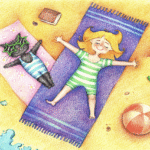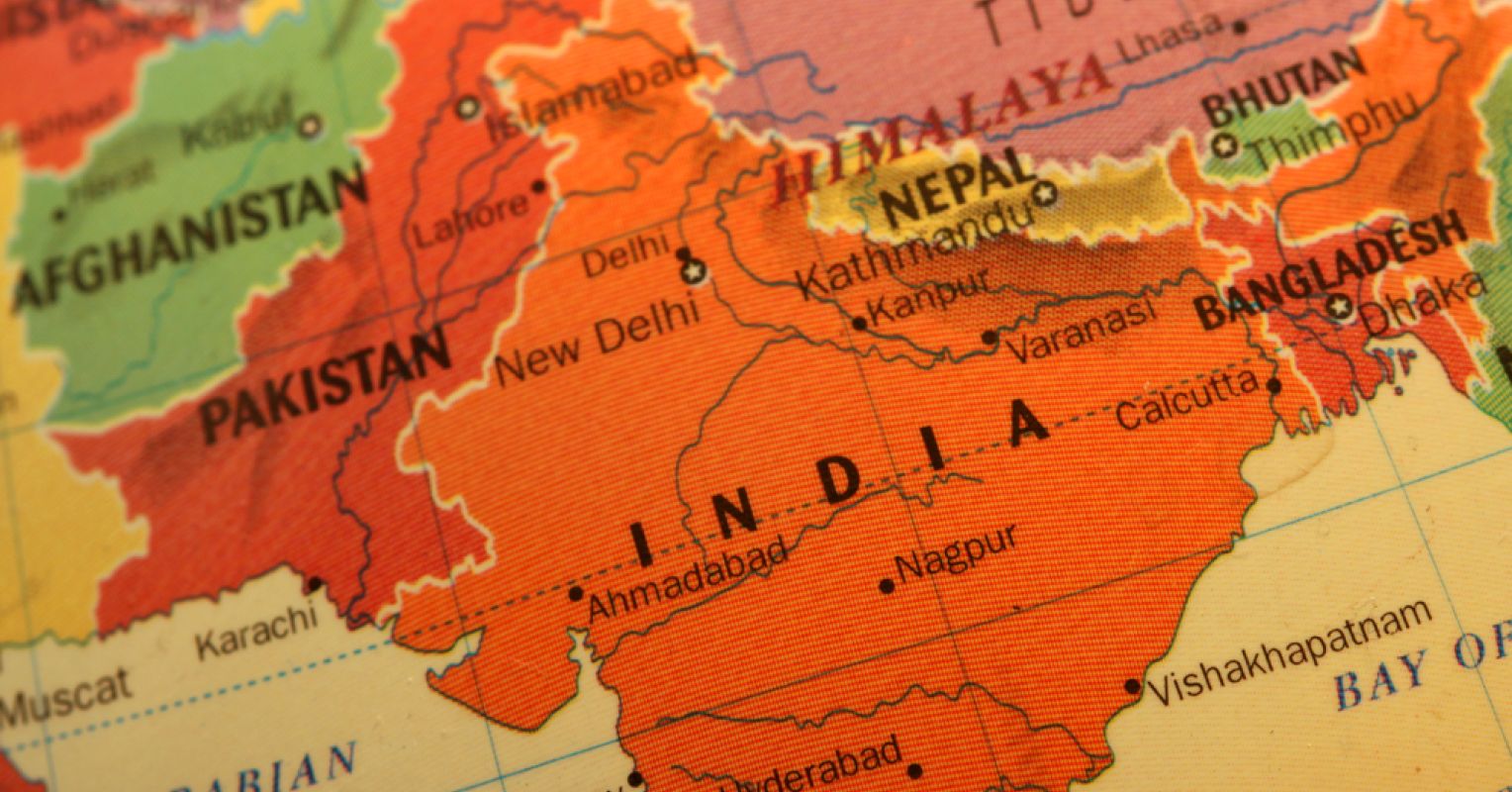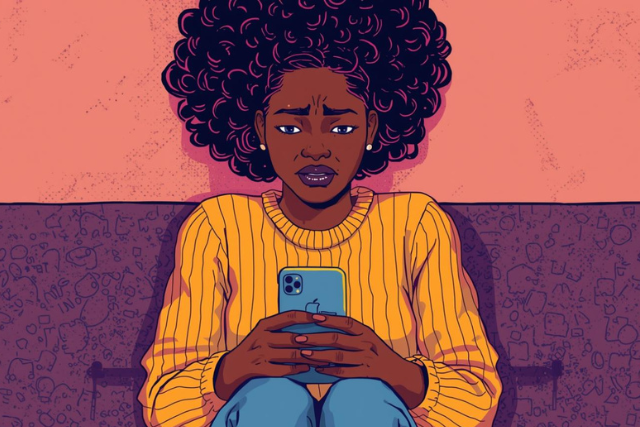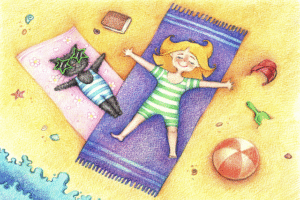Intergenerational trauma has become a buzzword over the last several years. It was first explored in the research of Canadian psychiatrist Dr. Rakoff and her colleagues in 1966. They found higher levels of distress among descendants of Holocaust survivors. This important finding helped provide a foundational understanding of this phenomenon.
Studies in the 2000s examined groups affected by major life-disrupting events. Bezo, a doctoral student in Ottawa, studied Soviet Ukrainians who experienced the Holodomor, the 1930s mass starvation under Stalin. He identified intergenerational effects such as anxiety, food-related behaviors (hoarding, overeating), authoritarian parenting, and reduced community trust, with life often described as “survival mode.” This research, now expanding, aligns with studies on the intergenerational impacts of the Holocaust, Khmer Rouge killings, Rwandan genocide, displacement of American Indians, and the enslavement of African Americans.
Additionally, Rachel Yehuda’s epigenetic research found that trauma can alter genes and be inherited. Children of Holocaust survivors, for example, exhibit stress-related genes, even without direct trauma exposure.
In my work, I’ve observed intergenerational patterns like authoritarian parenting, scarcity mindset, achievement pressure, emotional suppression, abuse, and alcoholism across generations. These issues are often met with silence—an outdated South Asian coping mechanism. The research on Holocaust survivors raises questions about similar intergenerational and epigenetic impacts on other populations, such as those affected by the 1947 Partition, which displaced 12-20 million people, triggered widespread violence, and deepened religious hostilities in what are now India and Pakistan.
“The Partition of 1947 was the largest mass migration in history, and yet very little has been written about the Mental health toll it took on the survivors and their families.” —Dr. Ammara Khalid, clinical psychologist
Dr. Ammara Khalid is a clinical psychologist from Illinois who in therapy for individuals, couples, and families across diverse backgrounds. Dr. Khalid works with mood disorders, relational issues, life transitions, BIPOC and LGBTQIA+ support, grief, and more. Fluent in English and Urdu/Hindi, she addresses Mental health challenges linked to climate instability and is writing a book on intergenerational trauma from the 1947 Partition of South Asia.
Source: Ammara Khalid /used with permission
Dr. Ammara Khalid, an SA psychologist of Pakistani descent in Chicago, uses decolonized cross-cultural therapy and the Bowenian Family Systems Model to help clients trace back issues like alcoholism, gender violence, anxiety, depression, and trauma. She argues that “how a person is feeling today could be rooted in how their ancestors felt yesterday,” and that intergenerational trauma patterns persist not only due to learned behaviors but also genetics.
Studying the partition’s Mental health impact is deeply personal for Khalid. Her family, like many, crossed borders during the partition, with her paternal grandparents staying in Pakistan and her maternal grandparents eventually migrating to the U.S. They shared stories of pre-partition challenges recounting the painful and “inevitable reality of leaving family behind and migrating to a new Muslim-dominated country.” Khalid notes that while some openly share their partition experiences, others struggle to speak of the horrors, with some repressing their trauma entirely.
Given her strong ties to the partition, her own work with clients, as well as limited research, Khalid decided to write a book about the Mental health impact of this massive event. She collected stories from second, third, and fourth generations of families who had been affected by the partition, including scenes of violence such as children being shot, women raped, and trains of migrants burned alive.
She notes that many people believed crossing the border was temporary, thinking they could return to retrieve belongings and say goodbyes. They were promised peace among Hindus, Sikhs, and Muslims—but this was not the reality, and the effects are still felt today.
“I spent chunks of my youth living in the shadow partition had cast on his life and with a feeling that no matter how much I loved him, and he loved me, a part of him, forever changed in 1947, and remained inaccessible.” —Dr. Shaili Jain, psychiatrist and trauma expert
In a 2020 interview with The Hindu, trauma expert Dr. Shaili Jain shared her family’s history of partition-era tragedy. Her paternal grandfather was murdered, and her father, then 10, fled from his home, becoming a refugee and child laborer in India. Two decades later, he emigrated to England, where Jain was born and raised.

Dr. Shaili Jain is board-certified in general psychiatry, with specialty expertise in posttraumatic stress disorder (PTSD), primary and Mental health integrated care, and women’s health psychiatry. She is an Adjunct Clinical Professor of Psychiatry and Behavioral Sciences at the Stanford University School of Medicine. She is an author of the acclaimed non-fiction trade book, The Unspeakable Mind: Stories of Trauma and Healing from the Frontlines of PTSD.
Source: Shaili Jain/ Used with permission
Growing up, Jain recalls her family rarely visiting India and having no photos or heirlooms of her paternal grandparents, “no physical reminders of their existence—so, I grew up feeling disconnected from this family history.” However, Jain believes the family trauma influenced her deep interest in understanding thoughts, emotions, and behaviors, ultimately shaping her career as a psychiatrist.
Her book The Unspeakable Mind is a testament to her family’s trauma during Partition. “I finally realized that [the] partition had, all along, been central to my own life and career choices, it made sense to me that this story should be at the heart of my book. Honoring my family story, in this way, was very important to me.”
Impact on Generations of South Asians
Jain attributes the limited research on the effects of such a massive tragedy as the Partition to ”repression, dissociation, and denial operating on a societal level.” This tracks with how SAs tend to shy away from discussing pain and suffering, paying for it later through mental or physical afflictions.
She warns that “collective denial” comes at a high cost. The old modus operandi eventually backfires. Jain postulates that “unprocessed trauma likely engendered future spirals of communal violence in South Asia, a violence that continues to be reenacted in the 21st century.”
Khalid, for her part, shares that so many Hindus, Sikhs, and Muslim families are still haunted by the massacres of their ancestors. The partition had a direct impact on the generation of South Asians who lived through it, she writes, ranging from PTSD to substance addiction, extreme poverty, and malnourishment. It also meant that the subsequent generations would feel the weight of growing up in abusive households or with parents in constant survival mode economically and suffering from a scarcity mindset and hypervigilance around potential threats to the status quo.
This also contributes to SAs “constantly striving for perfection, struggling with addictions, eating disorders, attachment issues and codependency.” As a systemic therapist, Khalid also explores the “impact of colonization, White supremacy, patriarchy, and oppression that shaped and continues to inform so many inherent beliefs and values in the South Asian household.”
Khalid shares how the trauma can manifest itself as “legacy burdens” (beliefs passed down intergenerationally), scarcity mindset, anxiety and fear of loss, cultural disconnection, and shame and secrecy. All of these issues can affect rigid diasporic views on career, marriage, social status, time and productivity, and financial security.
The work of Jain, Khalid, and others in amplifying topics like the partition could significantly transform Mental health treatment considerations to include adverse ancestral events. South Asian history includes many life-altering events, such as the Bangladesh War, Indo-Pak Wars, Idi Amin’s dictatorship, and natural disasters like the Gujarat Earthquake.
With more research on intergenerational trauma, Mental health professionals can help SAs understand and more meaningfully address depression, anxiety, and anger, ultimately easing the heaviness of ancestral burdens.













